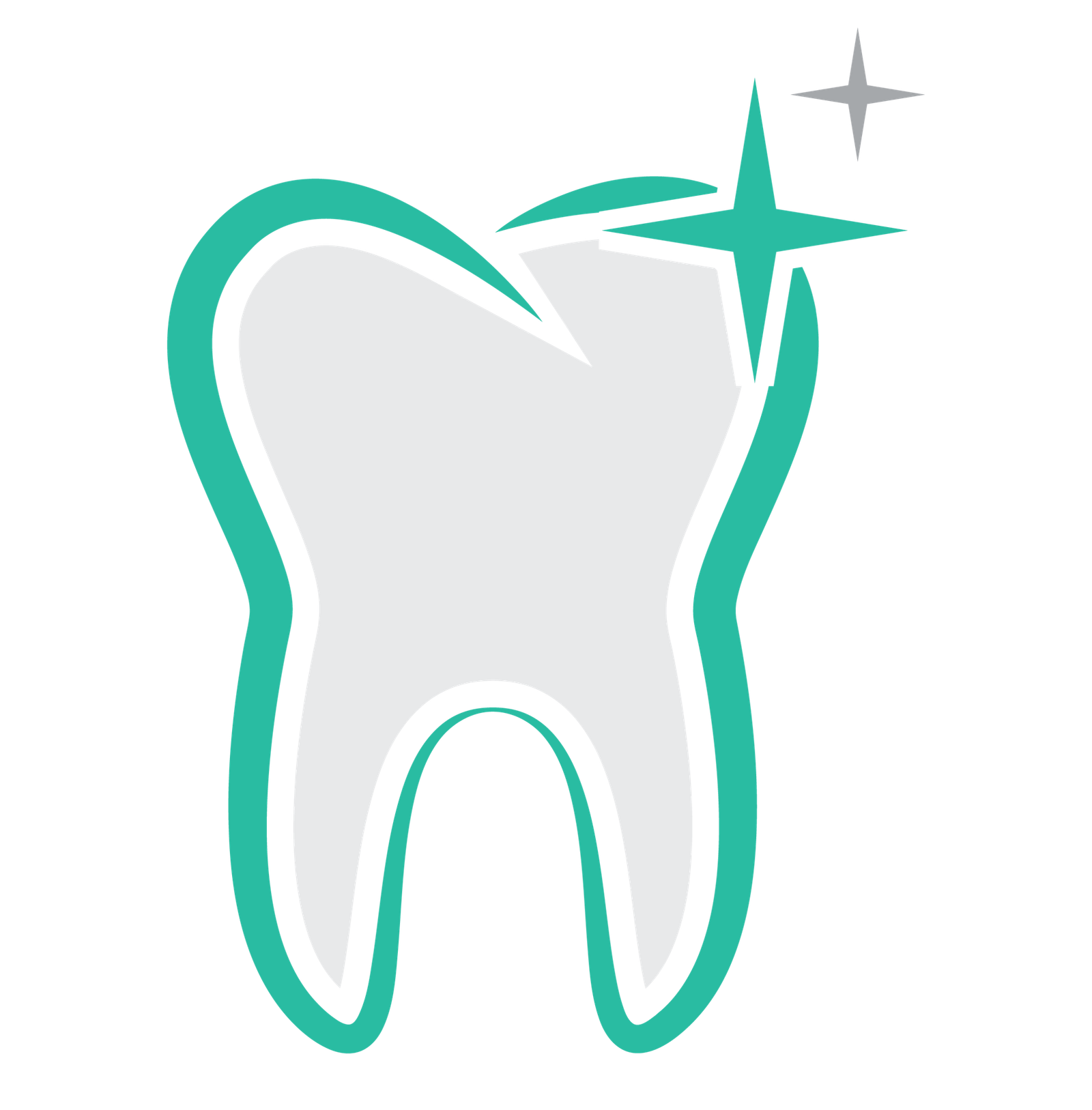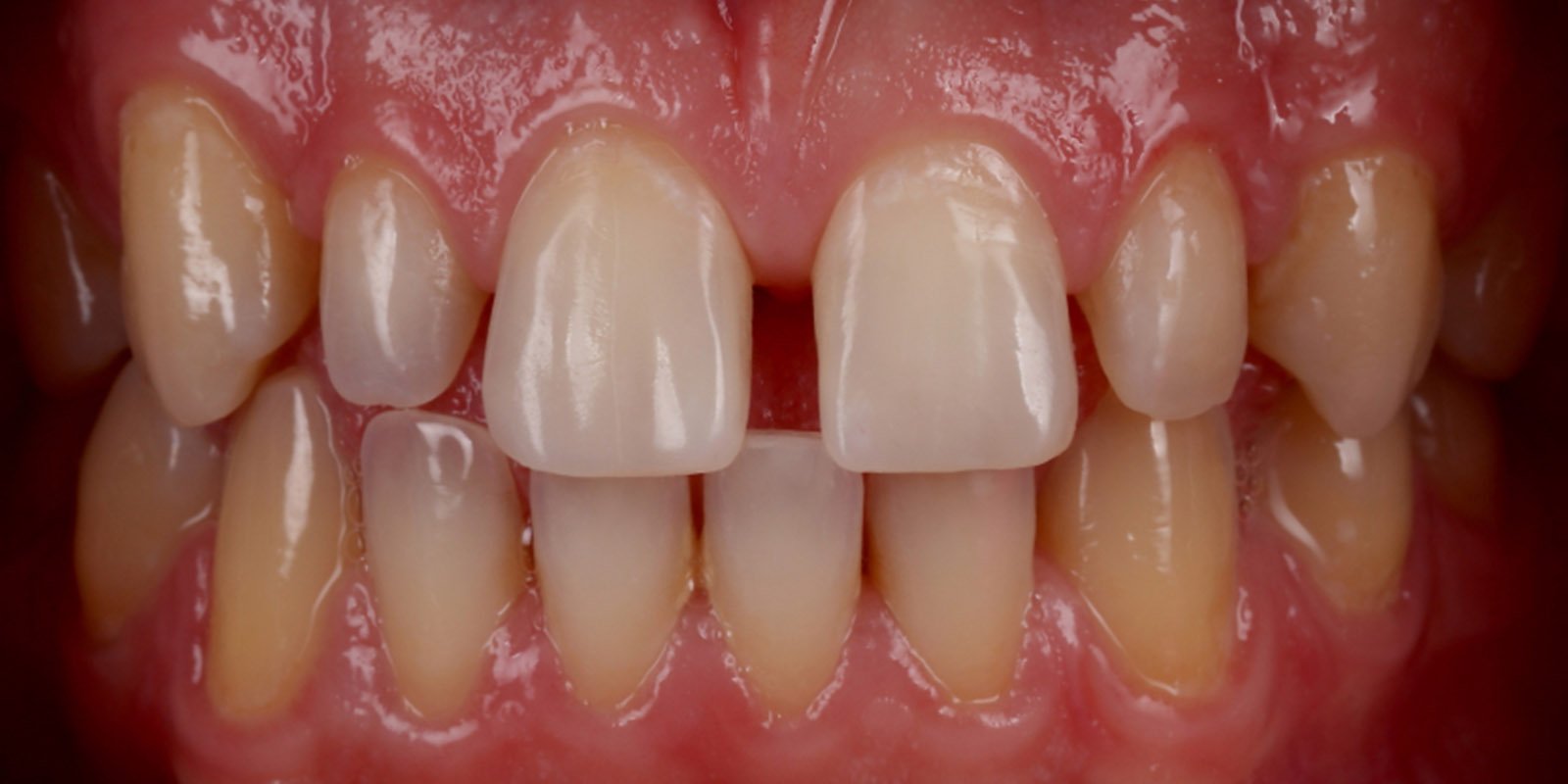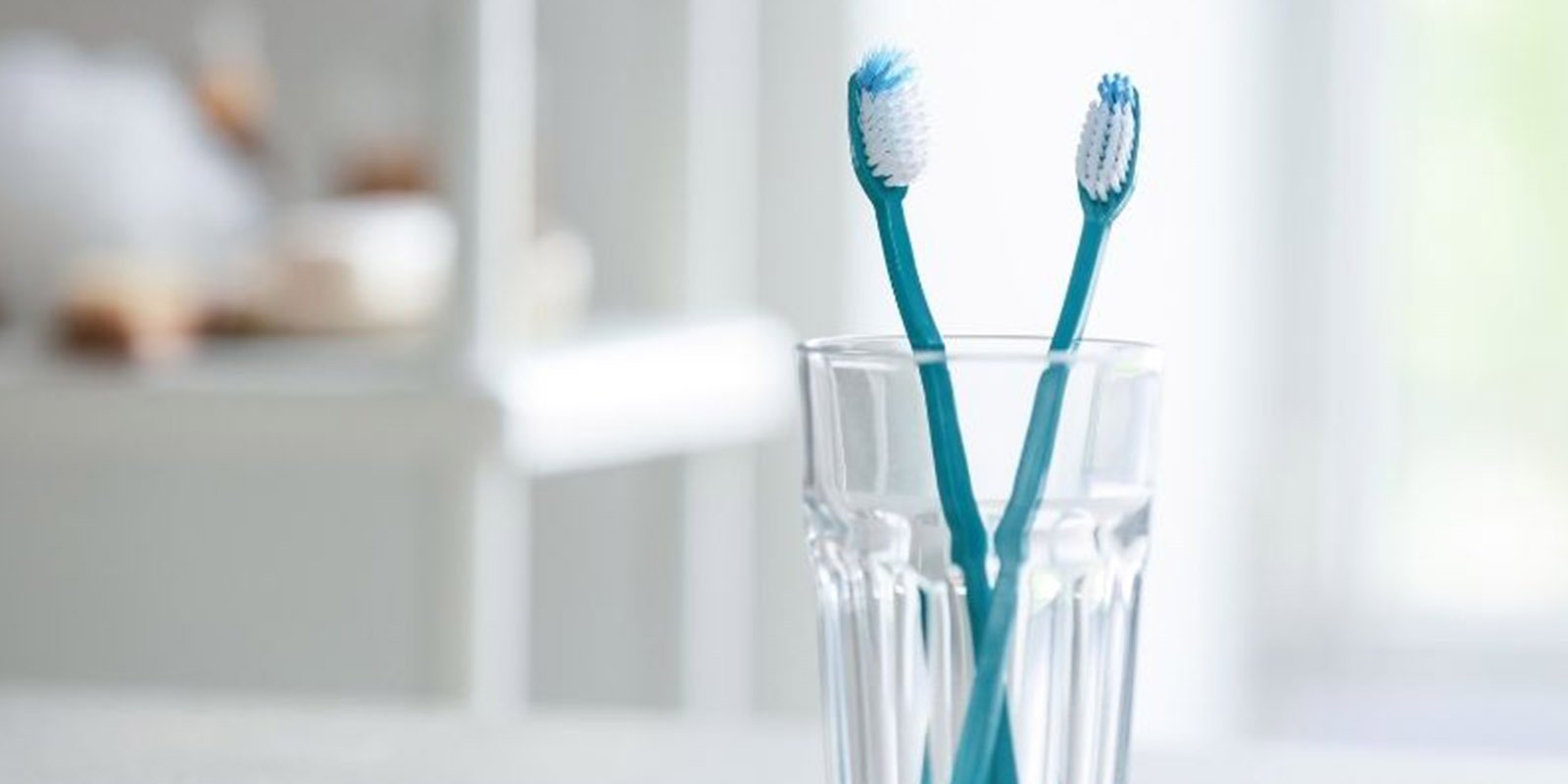To alleviate sensitive tooth pain, you can try the following tips:
Use desensitizing toothpaste: Switch to a toothpaste specifically designed for sensitive teeth. These toothpaste brands contain compounds that help block the transmission of sensations from the tooth surface to the nerve, reducing sensitivity over time. Use it regularly as part of your oral hygiene routine.
Maintain good oral hygiene: Proper oral hygiene is crucial for overall dental health. Brush your teeth at least twice a day with a soft-bristled toothbrush and fluoride toothpaste. Use gentle, circular motions and avoid brushing too hard, as aggressive brushing can worsen tooth sensitivity.
Use a soft-bristled toothbrush: Opt for a toothbrush with soft bristles to avoid irritating your teeth and gums. Hard bristles can wear away tooth enamel and exacerbate sensitivity.
Avoid acidic and abrasive foods: Acidic foods and beverages, such as citrus fruits, tomatoes, sodas, and fruit juices, can erode tooth enamel and increase sensitivity. Similarly, avoid abrasive toothpaste, as it can contribute to enamel wear. Limit or minimize your consumption of such foods and opt for a well-balanced, tooth-friendly diet.
Avoid teeth grinding: Teeth grinding (bruxism) can cause tooth sensitivity. If you grind your teeth, especially during sleep, consult your dentist. They may recommend wearing a nightguard or suggest other methods to alleviate the grinding habit.
Limit consumption of hot and cold foods/drinks: Extreme temperatures can trigger tooth sensitivity. Avoid consuming very hot or very cold foods and beverages. Opt for lukewarm or room temperature options instead.
Rinse with a fluoride mouthwash: Using a fluoride mouthwash after brushing can help strengthen tooth enamel and reduce sensitivity. Look for a mouthwash specifically formulated for sensitive teeth.
Consider a desensitizing treatment: Your dentist may recommend in-office treatments such as applying desensitizing agents or fluoride varnishes to reduce tooth sensitivity. These treatments help to block the microscopic channels in the teeth that transmit sensations to the nerves.
Visit your dentist regularly: Regular dental check-ups are essential for maintaining good oral health. Your dentist can identify and address any underlying causes of tooth sensitivity and provide appropriate treatments or recommendations.
If your tooth sensitivity persists or worsens despite trying these measures, it’s important to consult your dentist in Delhi. They can evaluate the cause of your sensitivity and recommend further treatment options to alleviate your pain.





